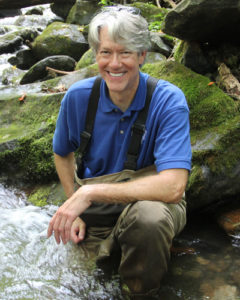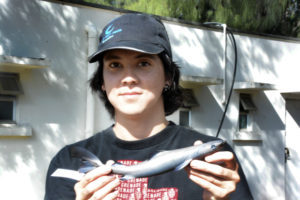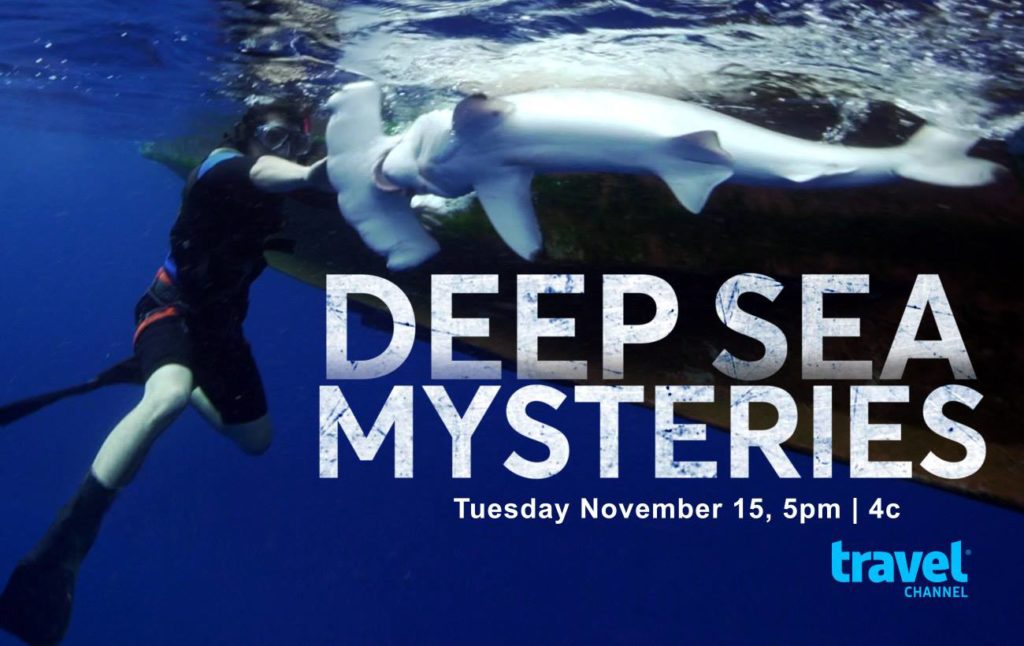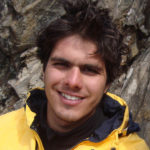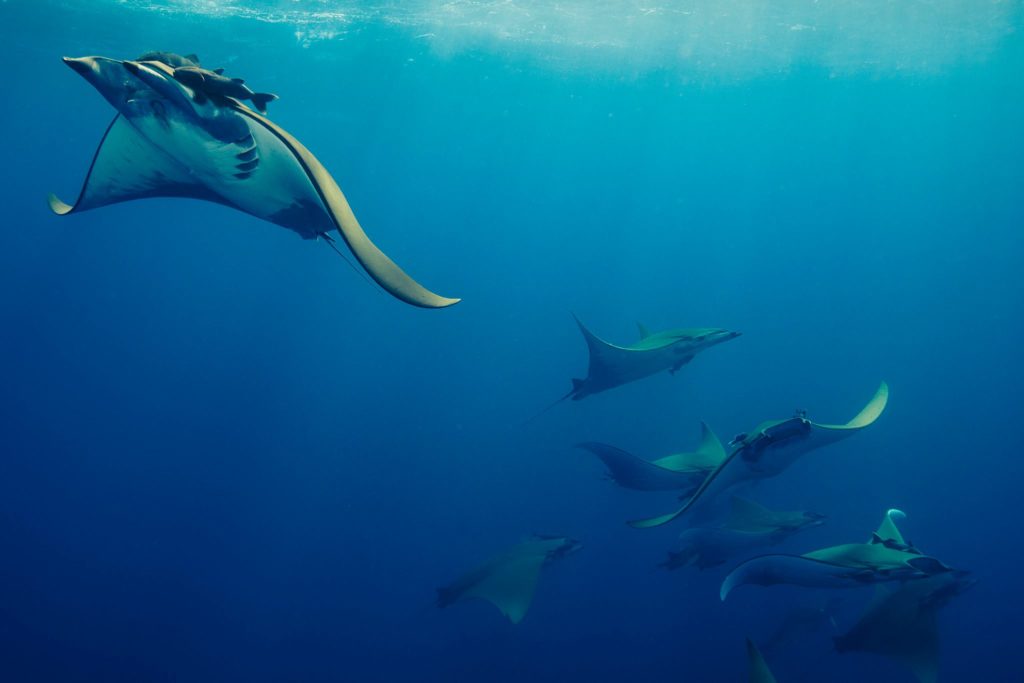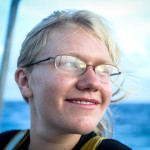 Dr. Lisa Whitenack is an Associate Professor of Biology of Allegheny College. She is a shark paleobiologist, studying modern and fossil shark teeth over their 400 million year history. While she is also a member of the Board of Directors and acting chair of the Equity and Diversity committee of the American Elasmobranch Society (AES), this piece is not written under the umbrella of AES. Follow her on twitter at @WhitenackLab.
Dr. Lisa Whitenack is an Associate Professor of Biology of Allegheny College. She is a shark paleobiologist, studying modern and fossil shark teeth over their 400 million year history. While she is also a member of the Board of Directors and acting chair of the Equity and Diversity committee of the American Elasmobranch Society (AES), this piece is not written under the umbrella of AES. Follow her on twitter at @WhitenackLab.
Author’s note: italicized quotations in this piece come from many different female shark researchers who gave Lisa permission to share their stories in this post.
“Funny that all of this Harvey Weinstein nonsense triggers feelings of AES in me…”
Back in mid-October, a colleague of mine sent the above to me in a private message on social media.
Over the last few years, there has been an increase in stories of sexual harassment and assault coming out of the scientific community. There have been papers and commentary published on the prevalence of harassment and assault in STEM fields such as anthropology, astronomy, and geology. There have been some high profile cases that have made it into the popular media as well. It’s easy to point to the fact that some of these fields are male-dominated as an excuse or a reason. Despite the fact that women are well represented in the biosciences, earning approximately 58% of the Bachelors degrees, 57% of the Masters degrees, and 53% of the Doctorates in 2014, the field of biology is not immune from these issues (see these articles about allegations against Ebola researcher Michael Katze, mammalogist Miguel Pinto, and molecular biologist Jason Lieb.)
“I arranged my desk so he couldn’t sneak up and rub my shoulders anymore.”
Even before the Weinstein news broke, harassment and assault have been at the forefront of my mind, and have been for the last 3 years or so. Until July 2017, part of my committee work at the institution I work at was to evaluate our student code of conduct and to serve on panels for student misconduct cases, including Title IX related cases. As is typical for many female faculty, students tend to visit my office looking for a sympathetic ear or help. Most recently, I have been helping American Elasmobranch Society (AES) write a Code of Conduct for its meetings and am serving as chair of the Equity & Diversity committee. It’s hard to escape these topics when it’s your job. But, it’s really more than just my job. These are issues that infiltrate most aspects of my life, and have for a long time.
“I’ve been told that women can’t do fieldwork.”
Read More “Speaking out about sexual harassment in shark science” »
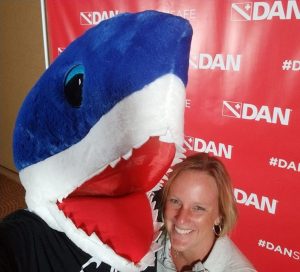

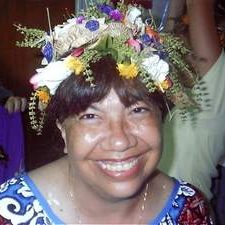 Carlotta Leon Guerrero is a former Member of the 23rd, 24th, and 25th Guam Senate. She was also a two-term president of the Association of Pacific Island Legislatures and previously worked as a radio and television journalist in Guam and the Northern Mariana Islands.
Carlotta Leon Guerrero is a former Member of the 23rd, 24th, and 25th Guam Senate. She was also a two-term president of the Association of Pacific Island Legislatures and previously worked as a radio and television journalist in Guam and the Northern Mariana Islands.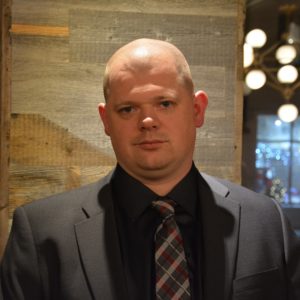 Travis Nielsen is the founder and CEO of Azurigen Management and Consulting Solutions Inc. A STEM project management firm that specializes in linking conservation based science to business and government. He is a published scientist specializing in Marine Biology with 10 years experience in STEM, and 10 years of experience in management and leadership. He has been responsible for projects with budgets up to $500,000, working with multiple stakeholders, large public engagement mandates, and with staffs up to 100 people in locations all across the globe.
Travis Nielsen is the founder and CEO of Azurigen Management and Consulting Solutions Inc. A STEM project management firm that specializes in linking conservation based science to business and government. He is a published scientist specializing in Marine Biology with 10 years experience in STEM, and 10 years of experience in management and leadership. He has been responsible for projects with budgets up to $500,000, working with multiple stakeholders, large public engagement mandates, and with staffs up to 100 people in locations all across the globe.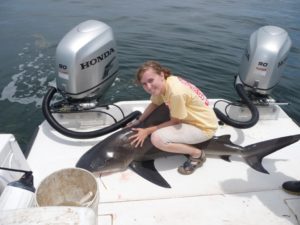 Mariah Pfleger is a marine scientist at Oceana, an international marine conservation non-profit, advising both the responsible fishing and sharks campaigns. She graduated from Florida State University in 2012 where she studied coastal sharks and their relatives. In 2016 she earned her Master’s degree from the University of West Florida where she researched both coastal and deep-water sharks and rays. Mariah worked for 3 years as a field assistant, and during her Master’s an additional 3 years as a field manager, on the Gulf of Mexico Shark Pupping and Nursery Program. She has also conducted research using environmental DNA to detect rare and endangered sturgeon. Her twitter handle is
Mariah Pfleger is a marine scientist at Oceana, an international marine conservation non-profit, advising both the responsible fishing and sharks campaigns. She graduated from Florida State University in 2012 where she studied coastal sharks and their relatives. In 2016 she earned her Master’s degree from the University of West Florida where she researched both coastal and deep-water sharks and rays. Mariah worked for 3 years as a field assistant, and during her Master’s an additional 3 years as a field manager, on the Gulf of Mexico Shark Pupping and Nursery Program. She has also conducted research using environmental DNA to detect rare and endangered sturgeon. Her twitter handle is 